Urban Gardening: Unlocking Potential in Small Spaces
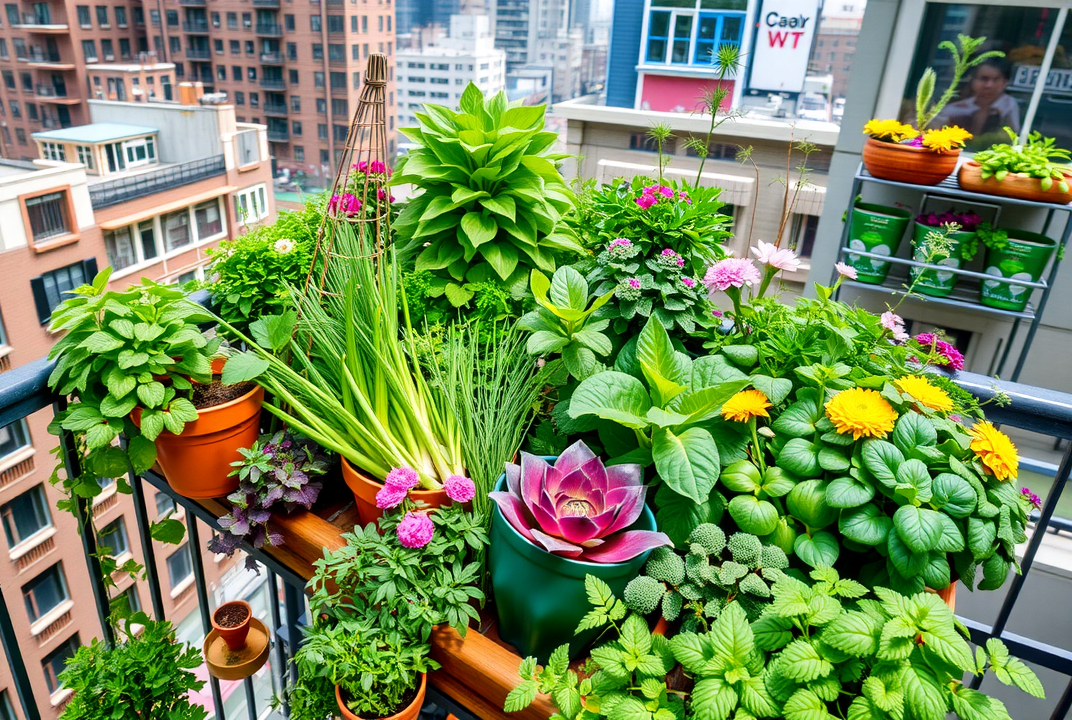
Introduction
In the bustling urban landscape where space is a luxury, a growing number of city dwellers are turning to a surprisingly green adventure: urban gardening. Have you ever considered how even a small balcony or a corner of your living room can transform into a lush micro-farm? Urban gardening is not only a solution to limited space but also a path to sustainable living.
This comprehensive guide will equip you with the knowledge to make the most of small spaces for gardening in urban settings. By the end, you'll understand the essentials of urban gardening and how to create your personal green space, no matter how limited your square footage.
Why Urban Gardening Matters
As cities expand and green spaces shrink, urban gardening offers a vital solution to reconnect with nature. Urban gardening provides:
-
Sustainability: Growing your own food reduces the need for long journeys from farm to plate.
-
Well-being: Engaging with plants has profound psychological benefits, including stress reduction.
-
Eco-friendliness: It encourages the recycling of waste and promotes biodiversity.
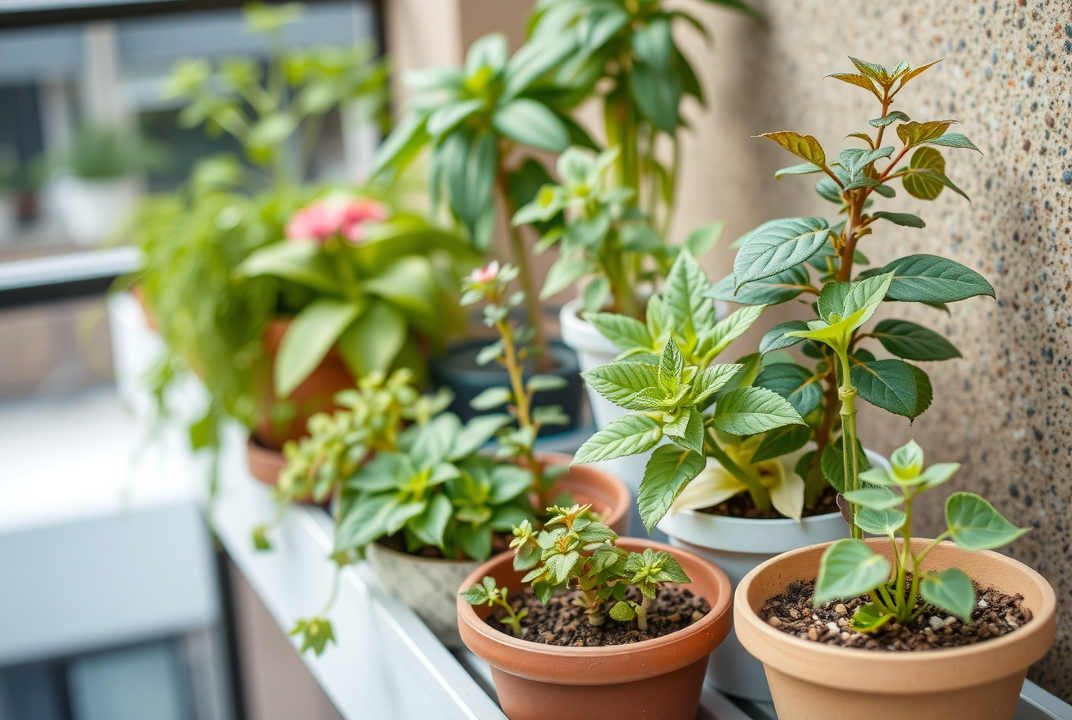
Getting Started with Urban Gardening
Choosing the Right Space
Your gardening journey begins by identifying a suitable spot. Whether it's a windowsill, balcony, or rooftop, the key is accessibility. Ensure adequate sunlight, as most plants need at least 6-8 hours a day. Spaces close to water sources are ideal.
-
Windowsills: Perfect for herbs and small potted plants.
-
Rooftops: Great for those with permission, offering ample light.
-
Balconies: Can house a small ecosystem of vegetables and flowers.
Consider vertical gardening options like hanging pots or vertical planters if ground space is tight.
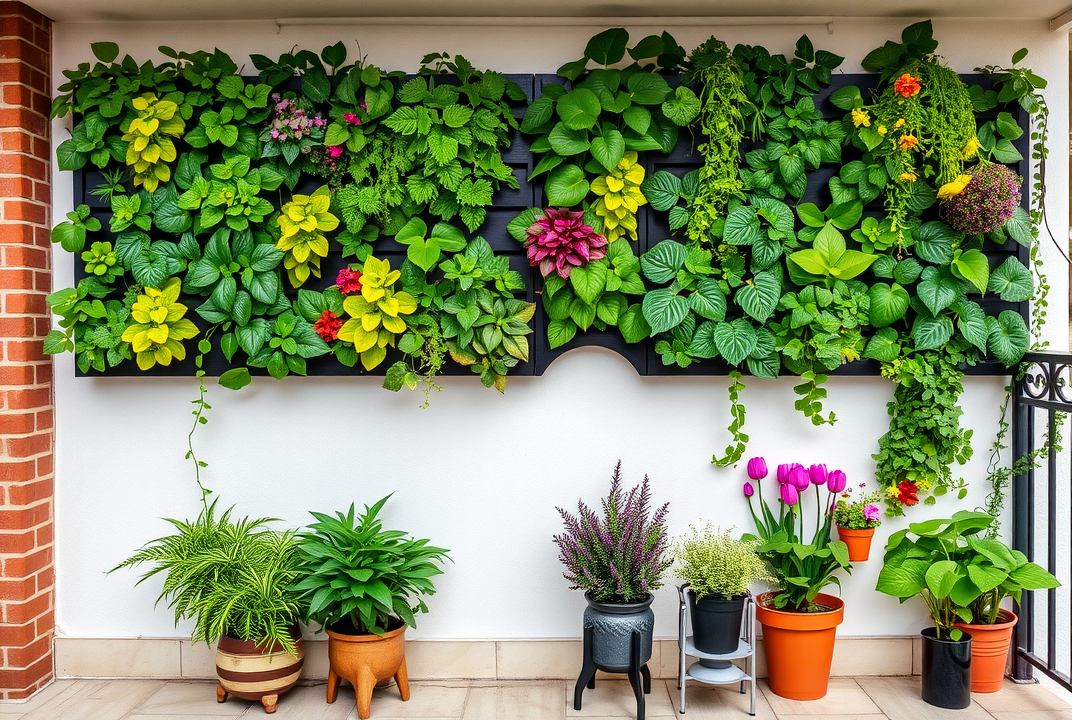
Choosing the Right Plants
For urban gardening, select plants that thrive in compact spaces and containers. Some popular choices include:
-
Herbs: Basil, mint, and cilantro are useful and low-maintenance.
-
Vegetables: Cherry tomatoes, radishes, and lettuce are great for small planter boxes.
-
Flowers: Marigolds and pansies add beauty and act as pest repellents.
Ensure that the plants match the available light conditions. Shade-loving plants are better for less sunny areas.
Urban Gardening Techniques
Container Gardening
Container gardening is ideal for restricted spaces. Use pots, tubs, or barrels to grow plants. Choose containers with adequate drainage to prevent waterlogging, which can harm plant roots.
Tips for Successful Container Gardening:
-
Use a quality potting mix that retains moisture yet drains well.
-
Water deeply but less frequently to encourage root growth.
-
Fertilize regularly to replenish nutrients in the soil.
Vertical Gardening
Vertical gardening maximizes limited ground space by growing upwards. Techniques like wall planters, hanging gardens, and trellises allow plants to extend vertically.
Benefits of Vertical Gardening:
-
Space Efficiency: Increases the number of plants that can be grown.
-
Accessibility: Easier to manage and harvest.
-
Aesthetics: Creates a visually appealing green wall.
Hydroponics
Hydroponics offers a soil-free approach, using nutrient-rich water to grow plants. It's particularly suited for urban gardening where soil may be scarce or of poor quality.
Advantages of Hydroponic Systems:
-
Faster growth rate compared to traditional methods.
-
Reduces water usage, conserving a precious resource.
-
Minimizes the risk of pests and diseases.
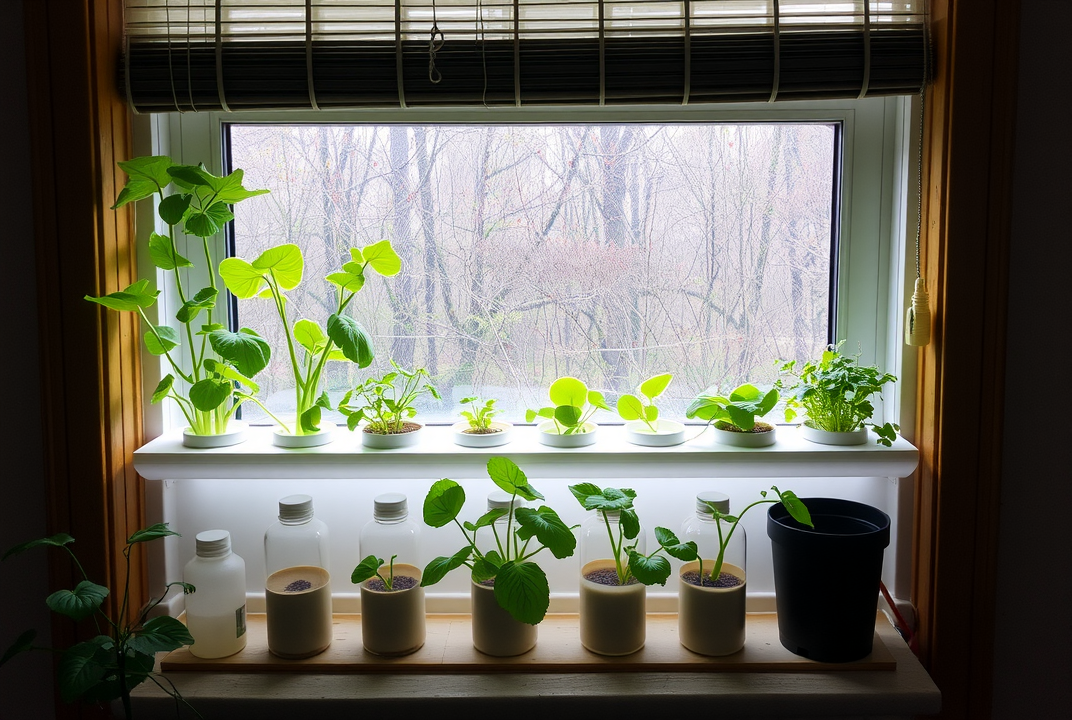
Companion Planting
Companion planting involves growing compatible plants together to enhance growth and ward off pests. For urban settings, this strategy is pivotal:
-
Tomatoes with Basil: Boosts flavor and repels harmful insects.
-
Carrots with Onions: Onions deter carrot flies.
-
Beans with Corn: Beans fix nitrogen, enriching the soil for corn.
Composting for Urban Settings
Creating compost from kitchen scraps is an eco-friendly way to enrich your garden soil. Use a compost bin or even small pots, layering organic waste with soil to kickstart decomposition.
Composting Tips for Urban Gardeners:
-
Balance greens (e.g., vegetable peels) with browns (e.g., dried leaves).
-
Keep the mixture moist—but not waterlogged.
-
Turn the compost occasionally to speed up the process.
Caring for Your Urban Garden
Watering Wisely
Efficient watering is crucial in urban gardening. Over or under-watering can harm plants. Consider the following tips:
-
Invest in a self-watering system to automate the process.
-
Water early in the morning to reduce evaporation.
-
Check moisture levels by touching the soil an inch below the surface.
Pest and Disease Management
Pests and diseases can be more prevalent in urban areas, so proactive management is necessary:
-
Natural Solutions: Use neem oil or insecticidal soap for pest control.
-
Disease Prevention: Ensure good airflow and avoid wetting foliage to reduce fungal attacks.
Pruning and Maintenance
Regular pruning helps maintain plant health and productivity. Trim dead or yellowing leaves and direct growth to more fertile branches.
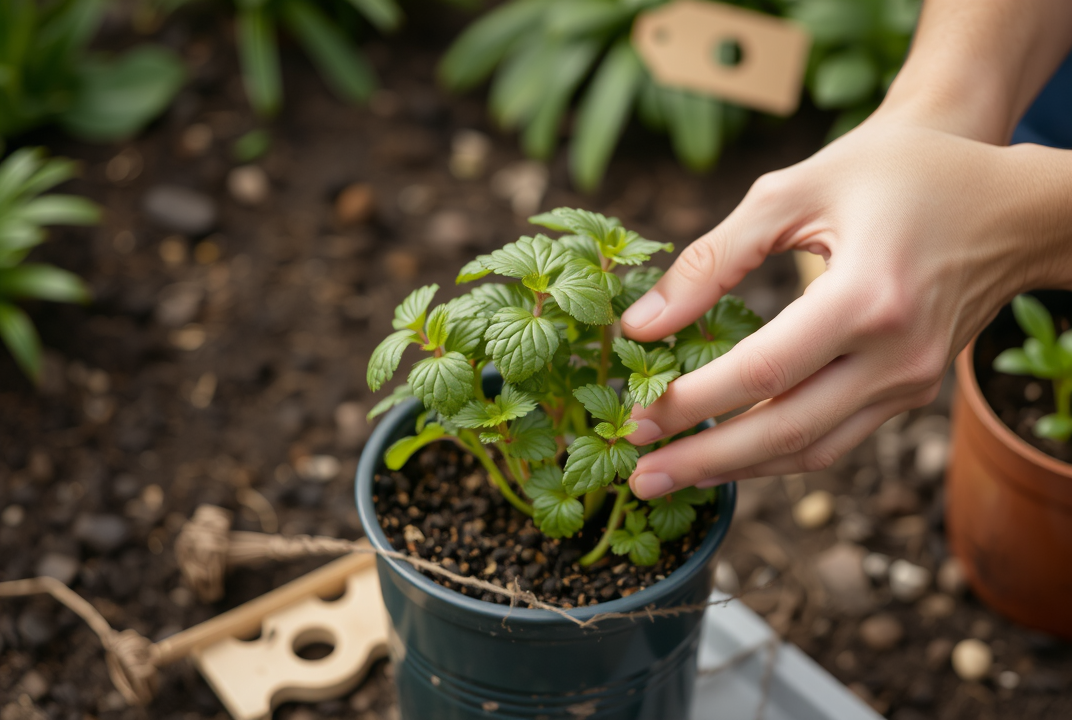
Urban Gardening Success Stories
To illustrate the potential of urban gardening, here are a few success stories from diverse settings:
-
Rooftop Farm in Brooklyn: A community initiative transformed an unused rooftop into a vibrant farm supplying fresh produce to local markets.
-
Balcony in Tokyo: An apartment dweller grows an impressive range of herbs and vegetables, sharing surplus with neighbors.
-
Vertical Garden in Paris: Using recycled materials, one gardener creates a stunning vertical garden producing flowers and vegetables.
Conclusion
Urban gardening provides a gateway for city residents to embrace sustainability. By harnessing creativity and the techniques shared in this guide, you can cultivate a thriving garden despite spatial limitations. Start today and experience the rewards of your urban green space.
Whether you're looking to supplement your kitchen with fresh herbs or establish a small urban farm, the possibilities are endless. Take action now and turn your urban environment into a haven of greenery. Start small and watch your garden—and love for urban gardening—grow.